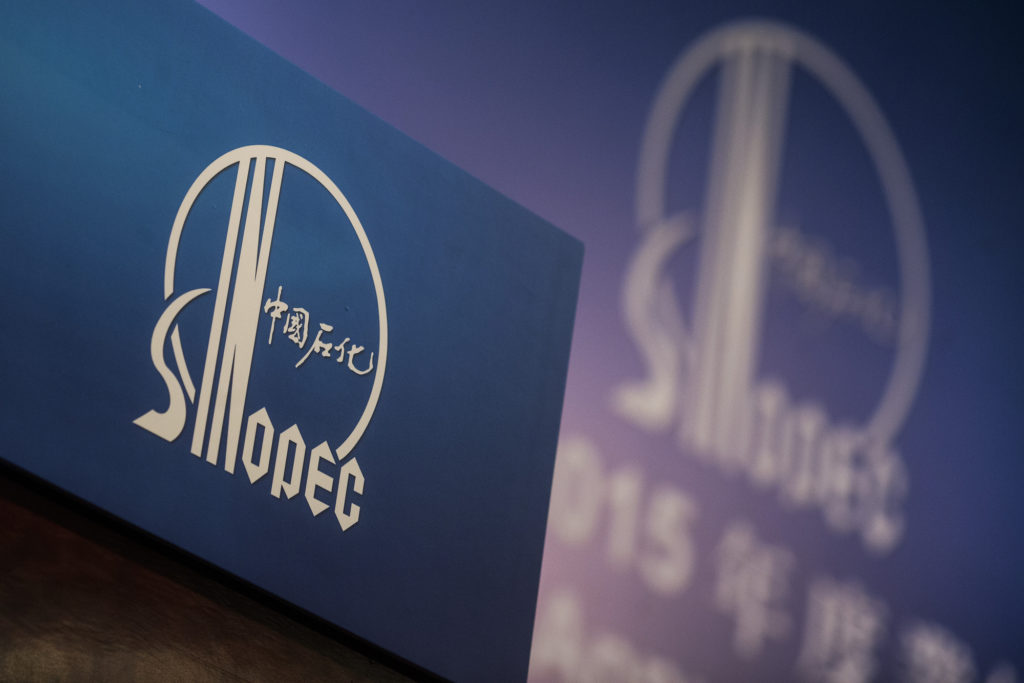
China’s biggest refiner plans to reduce operations from next month after a surge in the cost of shipping crude eroded margins, according to people with knowledge of the matter.
Freight rates have skyrocketed since the U.S. announced sanctions on Chinese shipowners in late-September, triggering a flight from vessels owned by affected companies and a bidding war for alternative tankers. That’s driven up the cost of importing crude and is cutting into the profits made from refining.
Sinopec Corp. is looking to start cutting run rates from November, according to the people, who asked not to be identified as information is private. The company could reduce total processing by one million tons of oil in December, the equivalent of about 5% of the company’s refining, according to one of the people. An external spokesperson for the company declined to comment.
The decision by Sinopec — China’s top refiner by capacity — comes at a time when Asian processors would typically be increasing run rates to cope with higher fuel demand from winter and holiday consumption. The surge in oil-procurement costs has far outweighed an expected boost in margins toward the end of 2019 due to cleaner ship-fuel rules that take effect on Jan. 1.
The cost of chartering a supertanker from the Arabian Gulf to China surged fivefold since late-September, according to Baltic Exchange data, as sanctions on units of companies including COSCO Shipping Energy Transportation Co. prompted cancellations and replacements. Booking a tanker for the West Africa to China route rose to $10 a barrel — which adds almost 20% to the price of oil — from about $2.50 before the sanctions.
Sinopec operates complex refineries along China’s south-east coast, the Yangtze River and in North China. Other Asian refiners such as Indian Oil Corp. and Hindustan Petroleum Corp. have also raised concerns about the high freight rates and their impact on the companies’ procurement plans and profits.
Recommended for you
